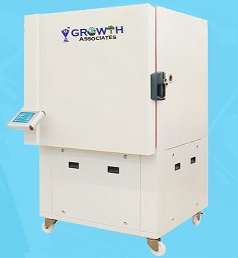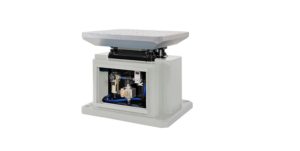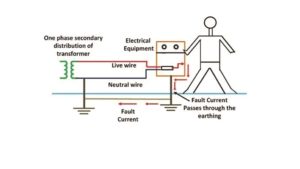An environmental test chamber, also called a climatic chamber , is an enclosure which is used to test the effects of specified/particular environmental conditions on biological items, industrial products, materials, and electronic devices and components etc.
Testing products in their actual environment provides significant feedback as to how they will work in real-world conditions. An environmental test chamber delivers this feedback by exposing the material inside to stresses such as vibration, sun exposure, extreme temperatures, moisture, and more.
Will the product stand up to these conditions or will it disintegrate sooner than expected? The environmental test chamber can:
- Help evaluate product quality and reliability, and identify manufacturing flaws and weaknesses
- Show the process of product decay and degradation and help predict its potential lifespan
- Assess how materials—including biological, industrial, and electronics—react to selected conditions
Testing Condition May include :
- extreme temperatures
- sudden and extreme temperature variations – thermal shock
- altitude
- moisture or relative humidity
- electrodynamic vibrations
- electromagnetic radiation
- Cyclic corrosion testing
- salt spray
- rain
- weathering
- exposure to sun, causing UV degradation
- vacuum
An environmental chamber can be a small room used both to condition test specimens and to conduct the test. It can be a smaller unit that’s used for conditioning test items. Also, some chambers are small enough to be placed onto a universal testing machine or other test apparatus.
Many chambers are set at a certain set of conditions. Others can be programmed to cycle through specified sequences of conditions.



